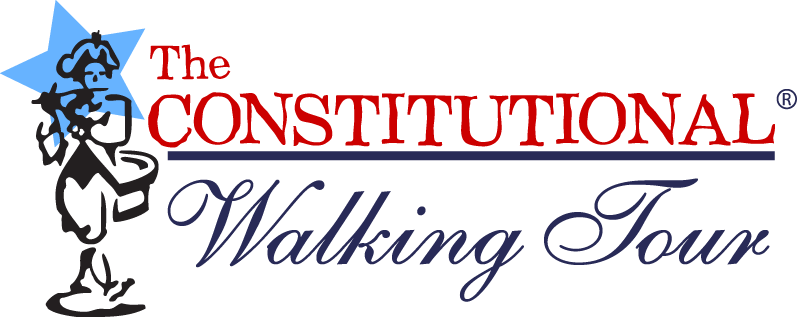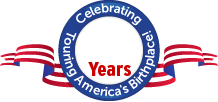Related Posts
- Buy Tickets for The Constitutional Walking Tour of Philadelphia – See 20+ Sites on a Primary Overview of Independence Park, including the Liberty Bell and Independence Hall
- Independence Hall
- Signers' Garden
- Signers' Walk
- Second Continental Congress
- Congress Hall
Birth: September 19, 1737
Death: November 14, 1832 (aged 95)
Colony: Maryland
Occupation: Plantation Owner, Politician
Significance: Signed The Declaration of Independence (at the age of 44); and served as United States Senator from Maryland from 1789 to 1792

Charles Carroll (also known as Charles Carroll of Carrollton or Charles Carroll III) was one of the Founding Fathers of the United States. Carroll was born to a Catholic family in Maryland, and he was sent to a Catholic Jesuit school in Maryland until he was eleven, at which time Carroll was sent first to Belgium and then to Paris to continue his education.
Carroll graduated from Louis the Great College in Paris in 1755, but he continued his education in Europe for another decade, studying law in England. When Carroll returned to Maryland in 1765, he was not allowed to practice law, since it was illegal for Catholics to practice law in Maryland at the time. Carroll instead helped to manage his family plantation and was able to enlarge it considerably; becoming one of the wealthiest people in Maryland.
Despite a great interest in politics, laws against Catholic participation in politics prevented Carroll from holding office in Colonial Maryland. Carroll nonetheless became a prominent voice in support of independence as a private citizen. His letters under the pseudonym "First Citizen" became influential in pushing Maryland toward support of Independence. In 1776, the Second Continental Congress sent Carroll on a diplomatic mission to French Canada along with Benjamin Franklin and others. Carroll, was chosen in part due to his extensive education which enabled him to be become fluent in French. While the diplomatic mission failed to convince French Canada to join the American Revolution, Carroll performed well in his role, and he was subsequently elected to the Continental Congress. Carroll happened to be elected on the day America approved The Declaration of Independence, July 4, 1776. Carroll was too late to vote for Independence, but he signed The Declaration of Independence on August 2, 1776.
Carroll continued to serve in the Continental Congress until 1778 and invested a significant amount of his own fortune in the Revolutionary War effort. Carroll then returned to Maryland where he was elected to the Maryland State Senate. After the implementation of the United States Constitution, Carroll was elected to the U.S. Congress as one of Maryland's first two U.S. Senators. Carroll held the position until 1792 when Maryland passed a law preventing citizens from holding Federal and state offices concurrently. Carroll decided he would rather stay closer to home in the Maryland State Senate and he resigned as a United States Senator. Carroll remained in the Maryland Senate until he retired in 1800. Carroll then lived another 32 years after his political retirement, living until the age of 95.
Charles Carroll in Philadelphia
Carroll arrived in Philadelphia as a Delegate to the Second Continental Congress. While serving as a member of the Second Continental Congress, Carroll worked at Independence Hall, and he signed The Declaration of Independence. Starting in 1790, when the Capital moved back to Philadelphia, Carroll returned to Philadelphia as a United States Senator (Maryland), and Carroll worked in Congress Hall during this time.
A plaque commemorating Carroll for signing The Declaration of Independence can be found on Signers' Walk on the 600 block of Chestnut Street (between 5th and 6th Streets). Signers' Garden pays tribute to the Founding Fathers, including those such as Carroll, who signed The Declaration of Independence. Signer's Walk, Signers' Garden, Congress Hall, and Independence Hall are all visited on The Constitutional Walking Tour!



